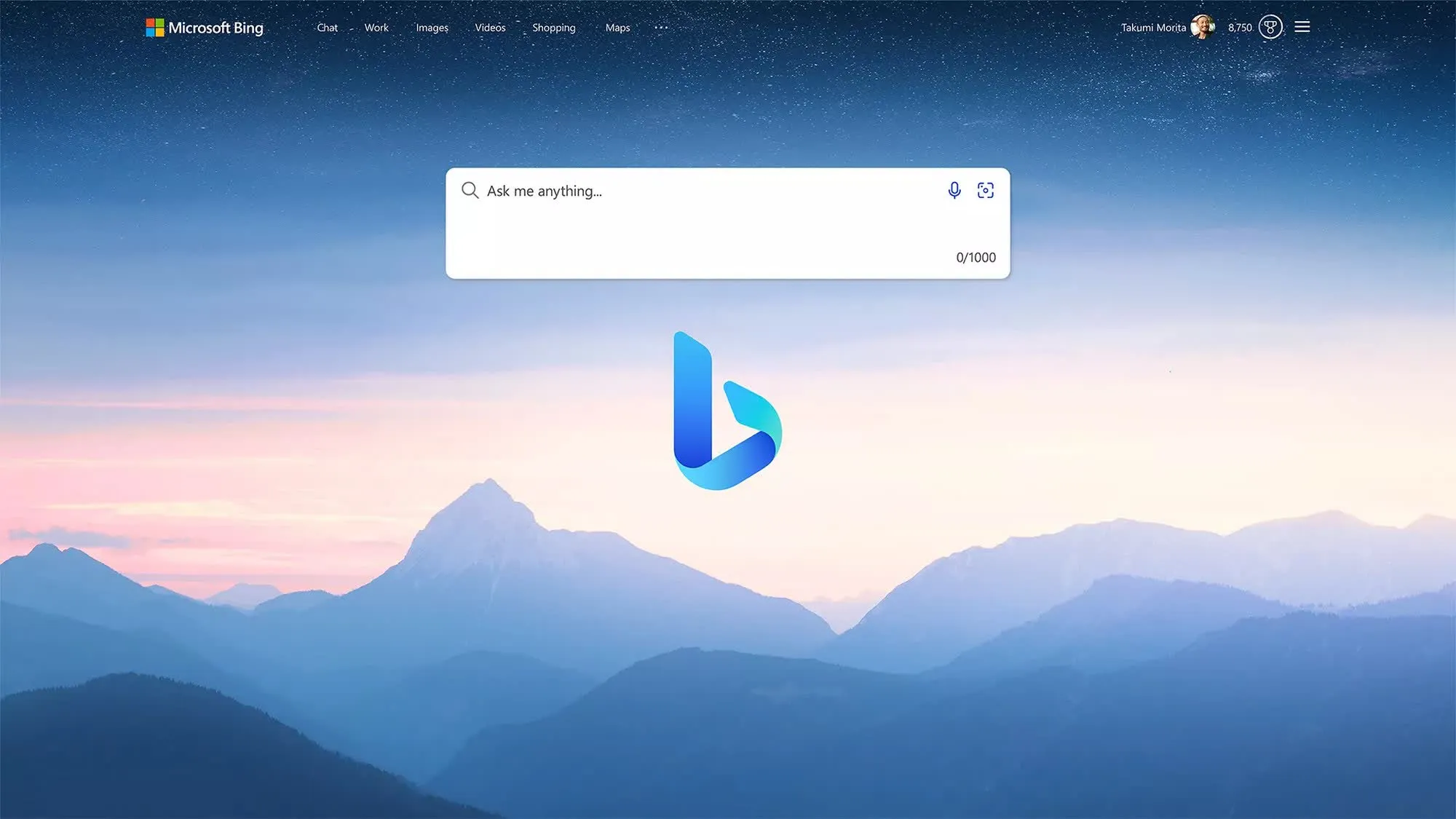Bing loses search market share to Google despite ChatGPT integration
Bing loses search market share to Google despite ChatGPT integration

www.techspot.com
Bing loses search market share to Google despite ChatGPT integration

Bing loses search market share to Google despite ChatGPT integration

Bing loses search market share to Google despite ChatGPT integration
